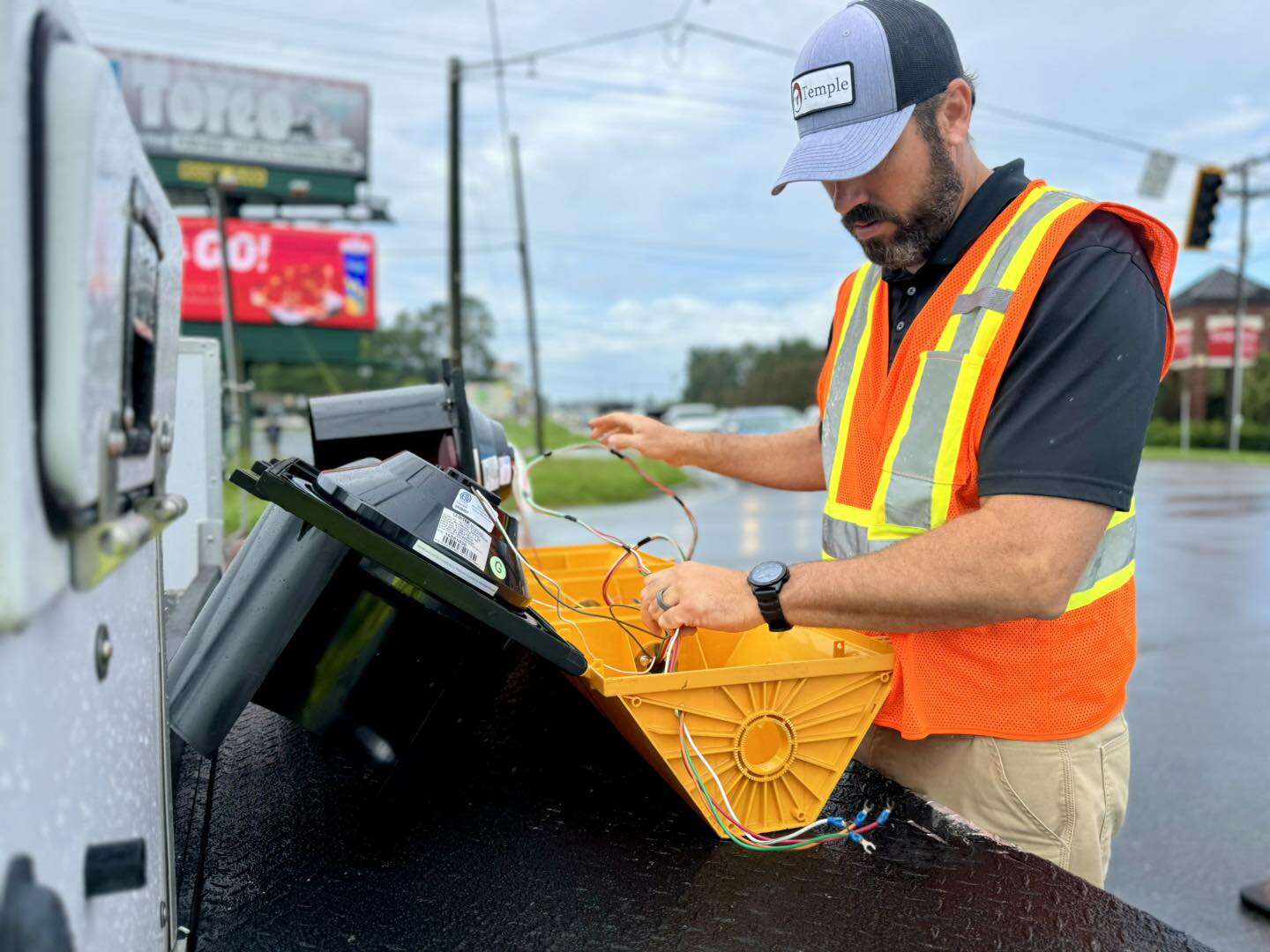Cagle pushes for police pay hike
Published 9:30 am Thursday, December 21, 2017
ATLANTA – A task force spearheaded by Lt. Gov. Casey Cagle wants local governments to rethink law-enforcement wages, but the panel did not endorse a call for the state to set a minimum pay for police officers and deputies.
The panel also recommended in a report released Wednesday that the state allocate at least $7 million every year for grants to help governments and sheriff’s offices boost salaries, particularly those agencies that are financially distressed.
And the group also floated the idea of putting up to a 1 percent tax on all auto insurance policies issued in Georgia, with the revenue going to the Peace Officers’ Annuity and Benefit Fund.
The group compared such a tax hike to a premium tax that already exists on home insurance polices, which supports a retirement fund for firefighters.
“We will continue to work until every law-enforcement officer in the state of Georgia is appropriately compensated for the work they do – no matter which city, county or region of our state they call home,” Cagle, who is running for governor, said in a statement included with the report.
The report concluded state officials should study tax breaks for officers, as well as the possibility of allowing local sales tax revenue to be diverted to their pay.
Valdosta Police Chief Brian Childress said he personally supports some of the ideas in the report but urged decision-makers to be transparent about the potential long-term cost to taxpayers.
“I am all in favor of finding any way in the world to improve officer salaries in not just Georgia but the southeast United States, because we’re lower than the rest of the country. That’s a fact,” Childress said Wednesday.
“But you’ve got to remember, when you do that, there is almost a 100 percent possibility that those increases will be put back on the taxpayers,” he said, referring specifically to auto insurance policyholders.
That particular proposal drew criticism from at least one of Cagle’s opponents in the race to become Georgia’s next governor.
“I had no idea part of running for governor would include telling the sitting ‘Republican’ lieutenant governor not to raise our taxes,” Sen. Michael Williams, R-Cumming, said in a statement Wednesday.
The report sets the table for a discussion next month, when lawmakers reconvene in Atlanta, about law-enforcement pay. This comes more than a year after Gov. Nathan Deal announced he would include a 20 percent pay bump for state officers.
The salary hike was met with frustration from local law-enforcement officials who said the uneven pay would make it harder to recruit and retain officers.
But some of the proposals in the report – particularly the call for $7 million annually in state grants – are likely to run up against those who are wary of the state meddling in what they see as a local issue.
“They tell us what to do all the time anyway,” said Terry Norris, who heads the Georgia Sheriffs’ Association.
Norris is referring to state mandates that require sheriff’s offices to do such things as register sex offenders.
“There’s no objection to taking care of these functions that we’ve always taken care of,” Norris said. “But mind you, there’s never been one state penny spent to help the local taxpayer offset the expense of these functions.”
The panel said lawmakers should revisit one particular mandate, which requires deputies to transport state prisoners to probation detention centers.
The task force did not, however, include one of the association’s key objectives: Setting a minimum wage for law-enforcement personnel in state law. Still, Norris said he saw the report as “a step in the direction of talking about that.”
Instead, the panel will propose legislation requiring local governments to regularly undertake a salary evaluation that also looks at the surrounding counties. They would have to adhere to pay scales that consider training, longevity and other factors.
Failing to do so would threaten the local government’s status with the state Department of Community Affairs, making the locality ineligible for grants, loans or other perks if the proposals are approved by the General Assembly.
Valdosta took such steps a couple of years ago, and Childress said he sees no issue with forcing other cities and counties around the state to do the same.
But he’s not sold on the idea of minimum wage for law enforcement.
“Officers should get paid more money based on work volume. Period,” he said, adding there would be no incentive for law enforcement to work for high-volume departments such as Atlanta.
Jill Nolin covers the Georgia Statehouse for The Valdosta Daily Times, CNHI’s newspapers and websites.





